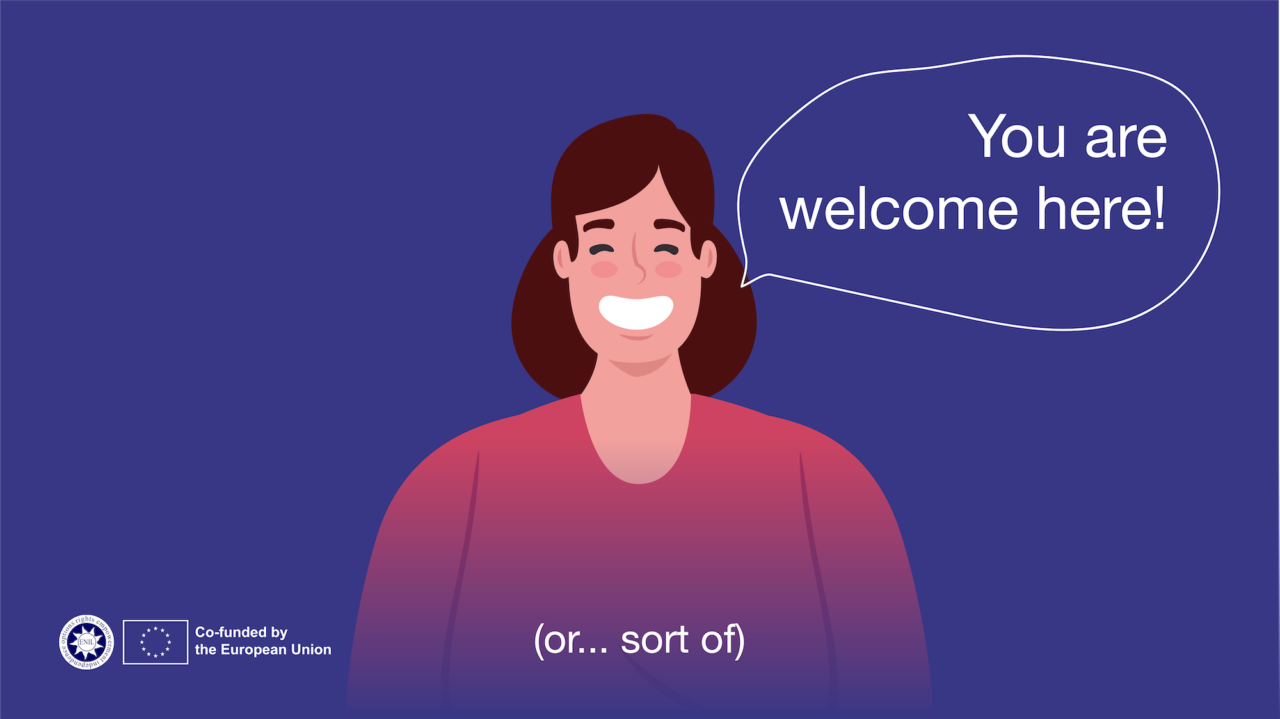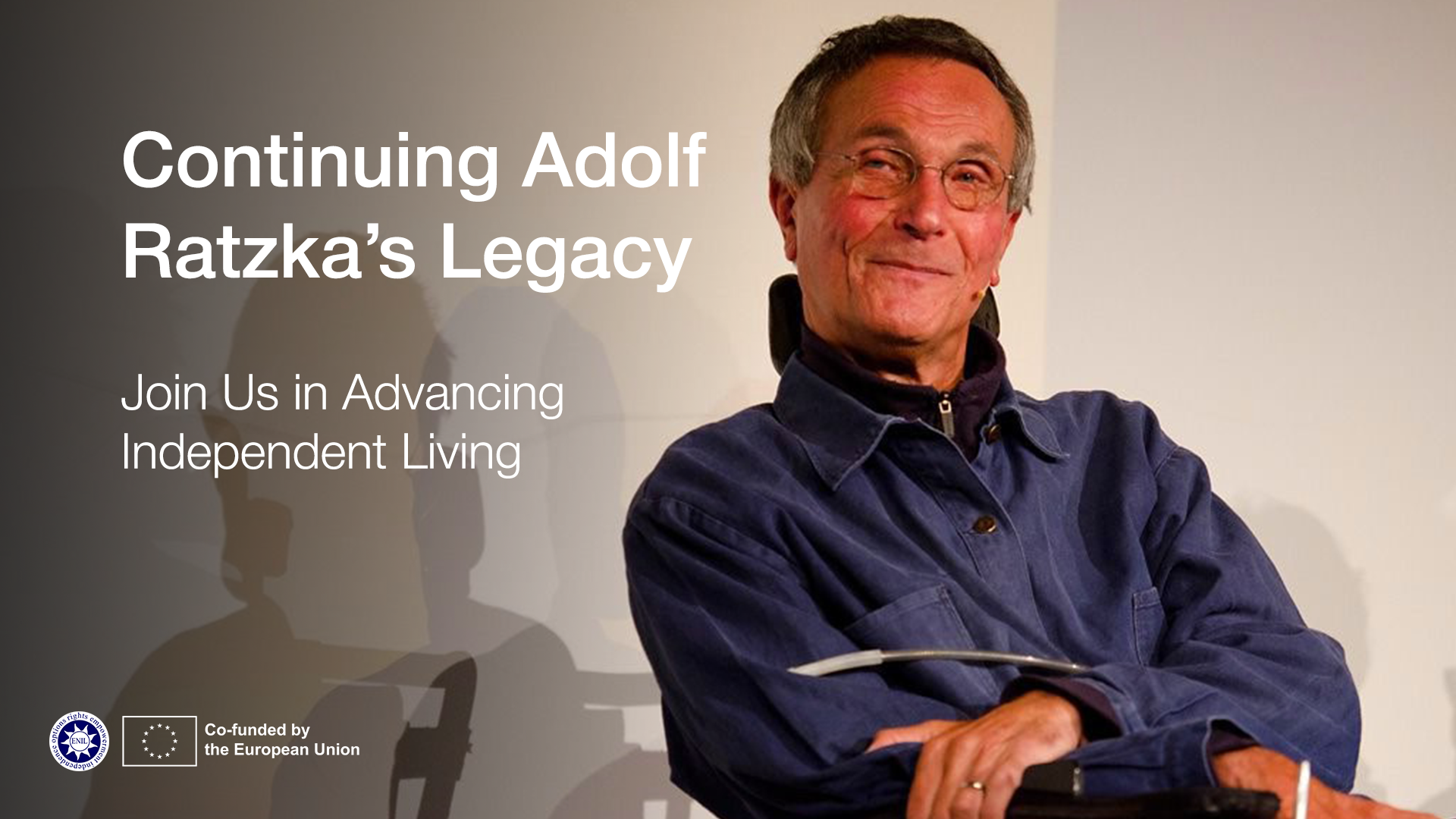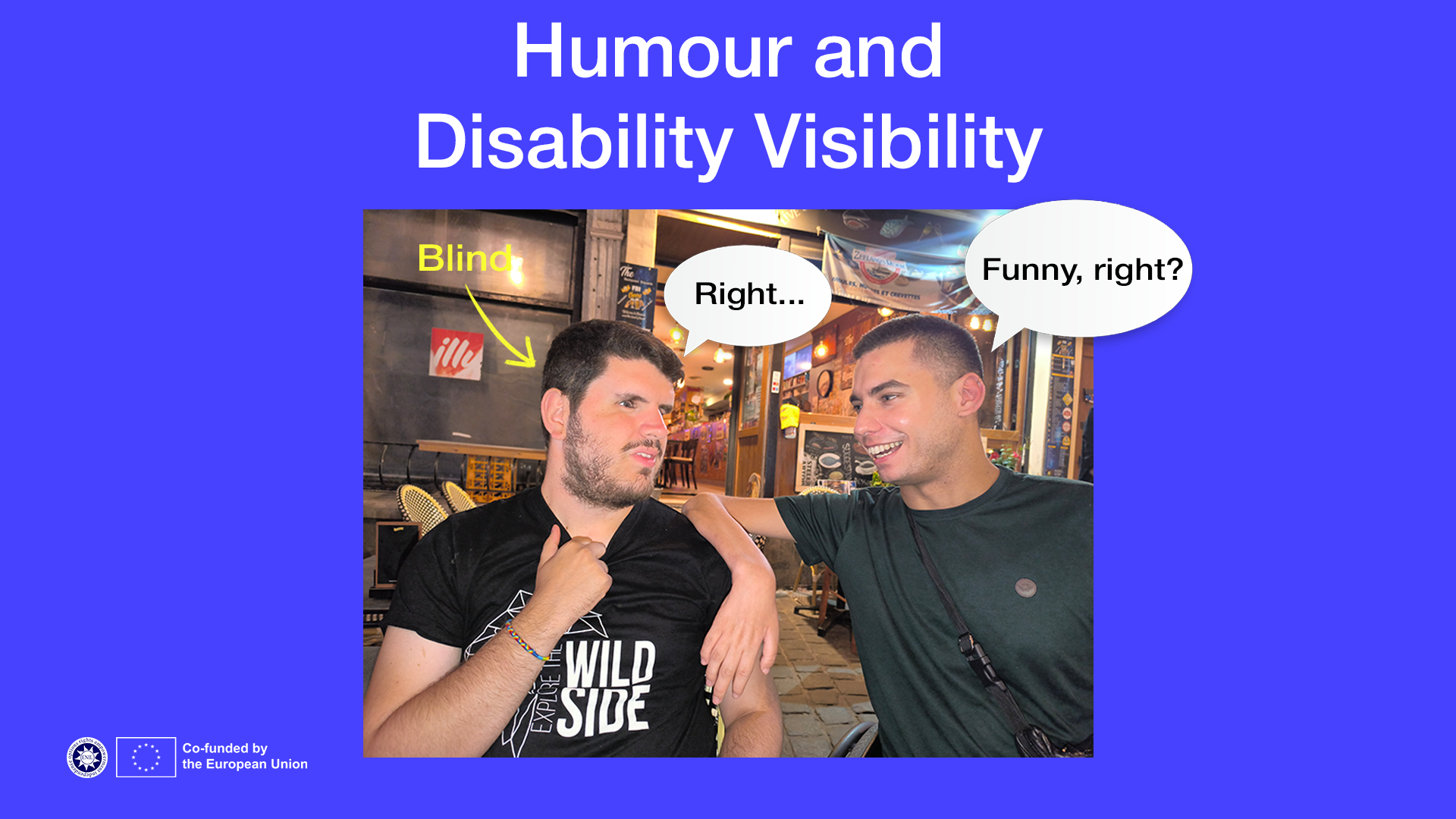An article written by Esma Gumberidze
As the European Regional Disability Summit, a lead up to the Global Disability Summit, is approaching, one of its panels, where I will have an honor to speak, will directly be dedicated to the Challenges and Opportunities in the Inclusive Development. So I wanted to take this opportunity to share a few stories from Georgia in writing as well. They once again show both the absence and importance, the value of inclusive development, namely that disabled persons and our organizations shall be widely involved and consulted on all matters of civic and political life, not only the issues that historically have been perceived as “disability related”.
In June 2022 Georgia has received 12 recommendations our country would have to fulfill to receive the EU membership Candidacy status (Moldova and Ukraine received it unconditionally). The rights of persons with disabilities were not mentioned in these brief recommendations unlike the women’s rights and other issues. When advocating for Georgia’s EU Integration we still try to use these recommendations, saying that they include us as well. As a youth wing member at the European Network on Independent Living I get a chance to speak with disabled people all around Europe. I have heard from one Serbian youngster the same concerns that nor EU’s foreign policy towards Serbia and its accession negotiations prioritize disability inclusion as one of the criteria for joining the EU. The same happens on a programmatic level. Not all EU funded projects even the ones aiming specifically at disability inclusion are disability inclusive. I personally had a case, when I was denied participation in Erasmus Plus disability exchanges, because the organizers thought, I needed a personal assistant not even asking me, if I did, for which they did not have necessary funds. Therefore they took only participants with so called “mild disabilities”. As I have reached the age limit for the European Solidarity Corps, I dare to say that I was never able to volunteer through it due to the lack of inclusivity. My wheel-chair user friends were offered to attend a training on the EU territory in inaccessible venue provided that they would be handlifted by either organizers or personal assistants another time. Yet in another case a Dutch social café was offering European Solidarity Corps volunteer position to any, but blind disabled persons, as they were afraid for their safety. As the law on the transparency of the Foreign Influence has been reintroduced and subsiquently passed in Georgia in spring 2024, The international organizations including the UN and the EU issued public statements condemning the proposed law. When speaking against the bill, many of the Western diplomats including the former U.S ambassador Kelly Degnan and other high level officials also mentioned how negatively it will affect the disabled. “From my personal experience I have seen a lot of great work the Georgian citizens are doing with the donor support including persons with disabilities”- she said in an interview. At the same time many embassies also have issues with properly consulting the disability community, when implementing their projects and campaigns. Many of the international donors do not have codes of conduct preventing age and gender discrimination by the disability inclusion grantees, which would prevent them from bullying younger and less priviliged disabled persons.
In fall 2022 a campaign “do not repeat my mistake” was launched in Georgia using the EU funds. It was featuring persons, who became disabled as a result of car accidents sharing, which traffic rules did the drivers violate at the time of accident. Most of them were not even driving the car then. The intention was obviously good: to urge the population to follow the traffic rules. The disabled persons being interviewed also said they felt empowered and useful, as they had something to warn the society against, something to educate people about. I longing for Georgia’s EU integration and, thus, not willing to discredit its institutions, instead of publically expressing discontent with the ableist messaging reached out to the project implementers privately. They explained that the videos have already been recorded, a lot of effort and funds have been spent on creating the content, therefore it won’t be advised to withdraw or adjust. My contact information was also passed onto the interviewees with the intent of having them explain me the advantages and gains of this campaign. 1 of them wrote me she would wish someone had warned her and her driver before she got into a car crash. I totally understand the respondents. They have volunteered their time, effort, their stories and wanted them to be published. I myself do not like my energy wasted on an interview not published. From being an interviewee I also know, how hard it is to go against the already agreed scenario. You are told how much effort has it already been to include you as a disabled respondent, are being warned that they would have to replace you, which implies the notion that you are a bad respondent and may never be recommended/trusted for an interview again. All above mentioned, However does not make the campaign message “follow the traffic rules, or you will become disabled forever” less stigmatizing, especially if we consider that in Georgia someone’s disability is too often blamed on parents, friends, family members, ancestoral sins and so on. This messaging could have been avoided altogether, if the implementers had conducted a proper consultation with disabled persons and our organizations (not necessarily those to be interviewed to avoid conflict of interest).
Although I discussed the examples from just country, however, as aluded, the issues persist with different intensities around the continent. Therefore it is important to reiterate to each development donor and agency, international mainstream human rights organization and other relevant stakeholders, that disabled people shall be invited to the meetings and processes related to all matters of social, cultural, economic, environmental, political life, the foreign policy and development aide, road safety promotion, fight against corruption, foreign agent laws or shrinking civil space. It is important to walk the talk, because the “nothing about us without us” really boils down to “nothing without us”, as disabled persons are, first of all, citizens and human beings.



